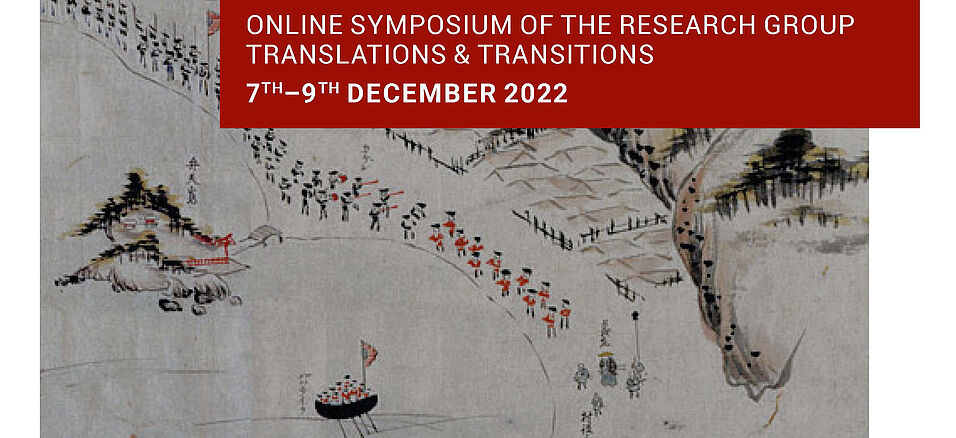Non-Western Experiences of Legal Transformations in the 19th and Early 20th Centuries
Online symposium of the research group Translations & Transitions, organised by the Chair for Globalisation and Legal Pluralism together with the Max Planck Institute for Legal History and Theory
For registration and further information please contact:
hk-translations-transitions@lhlt.mpg.de
Please register by 1 December 2022 if possible
From the mid-19th century onwards, many regions underwent fundamental legal changes by following Western models. Countries such as the Ottoman Empire, Japan, China, Siam and Ethiopia were subject to extraterritoriality as the most prominent form of pressure, but also in other non-colonized countries, internal and external diplomatic or economic pressures led to legal reforms.
The symposium offers a platform for gaining a better understanding of the characteristics of the legal translations and transformations that took place in these spaces under pressure from the Western European powers. Considering a broad scope of different countries and settings allows us to rethink the alleged universalisation of Western European law in the 19th and early 20th centuries. By looking at the different experiences of translation and invention, radical transition and complex continuities, resistance and internal conflicts, the symposium aims to contribute to a broader framework of current research that reassesses what legal ‘modernity’ and ‘the West’ meant. By connecting legal histories that have mostly been studied in isolation from one another, and by analysing them against the backdrop of global imperialism and colonialism, the symposium offers the opportunity to reconsider historiographical narratives.

